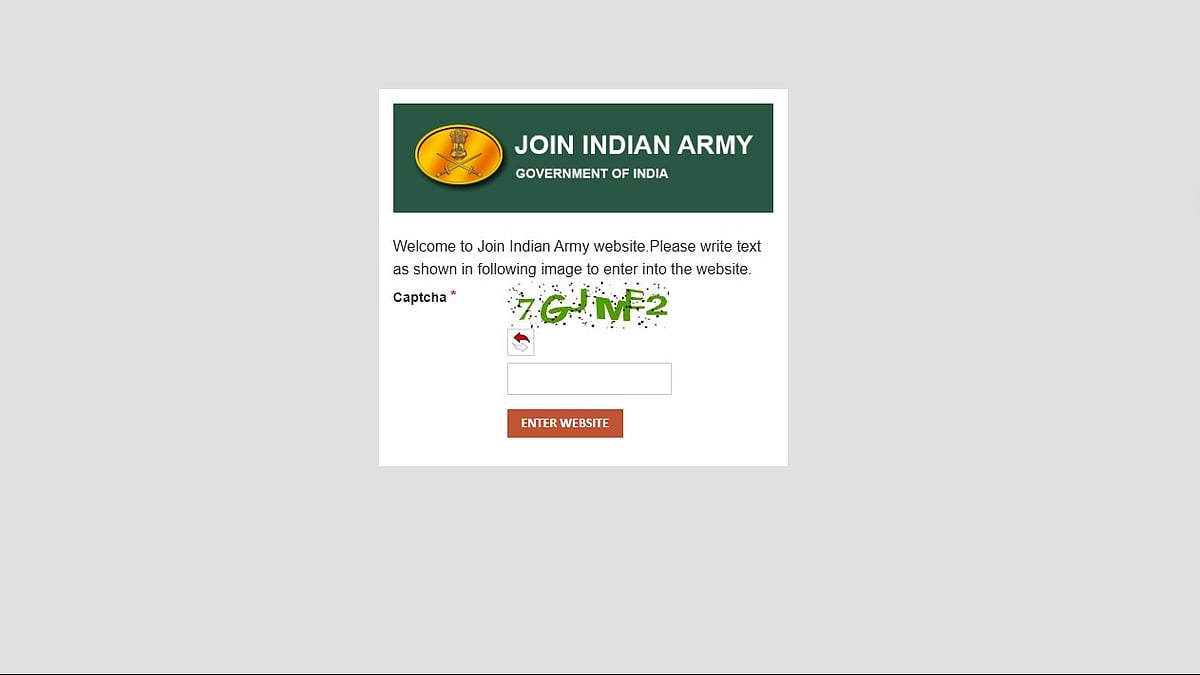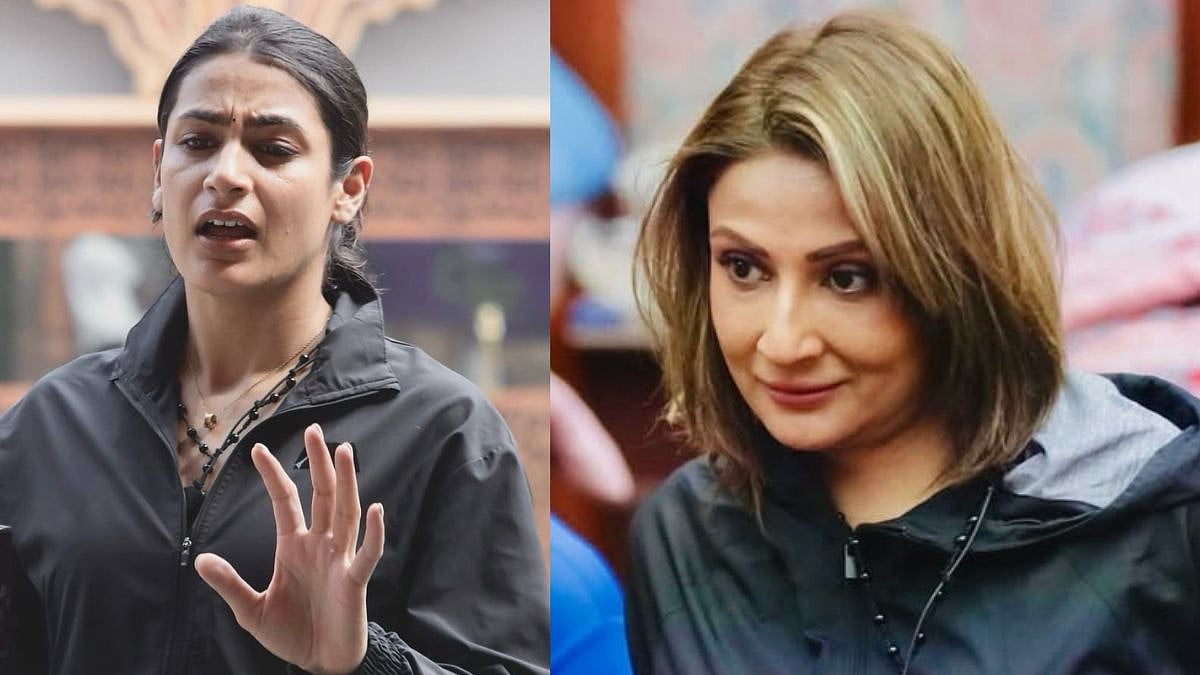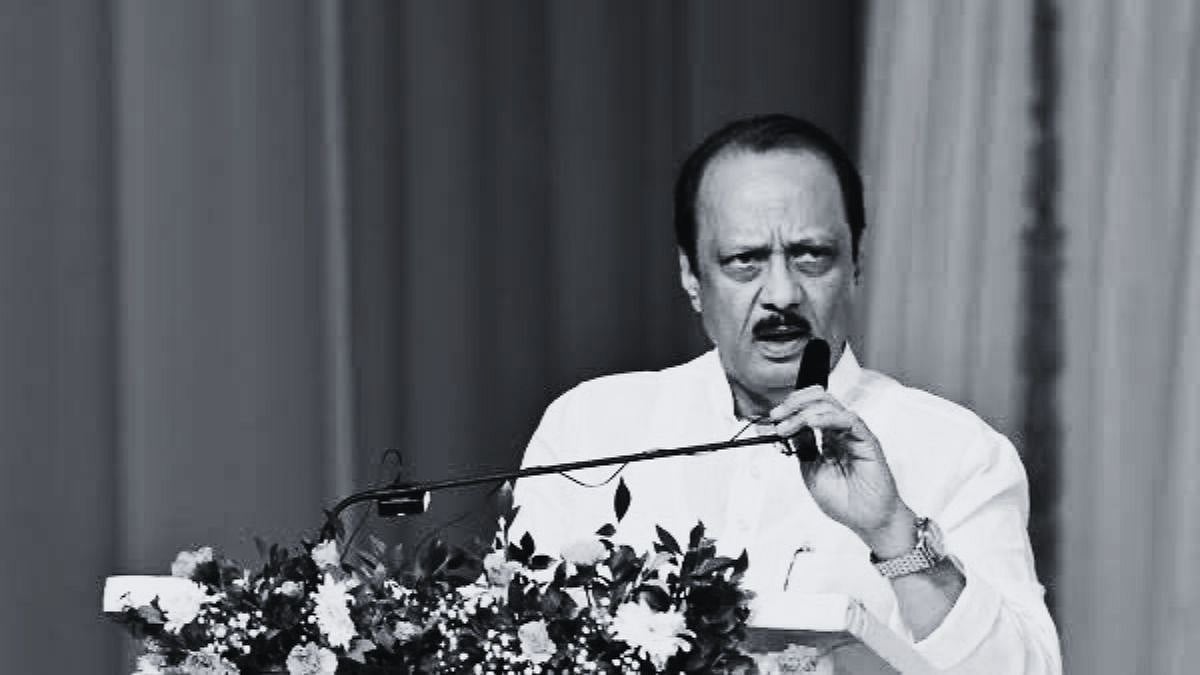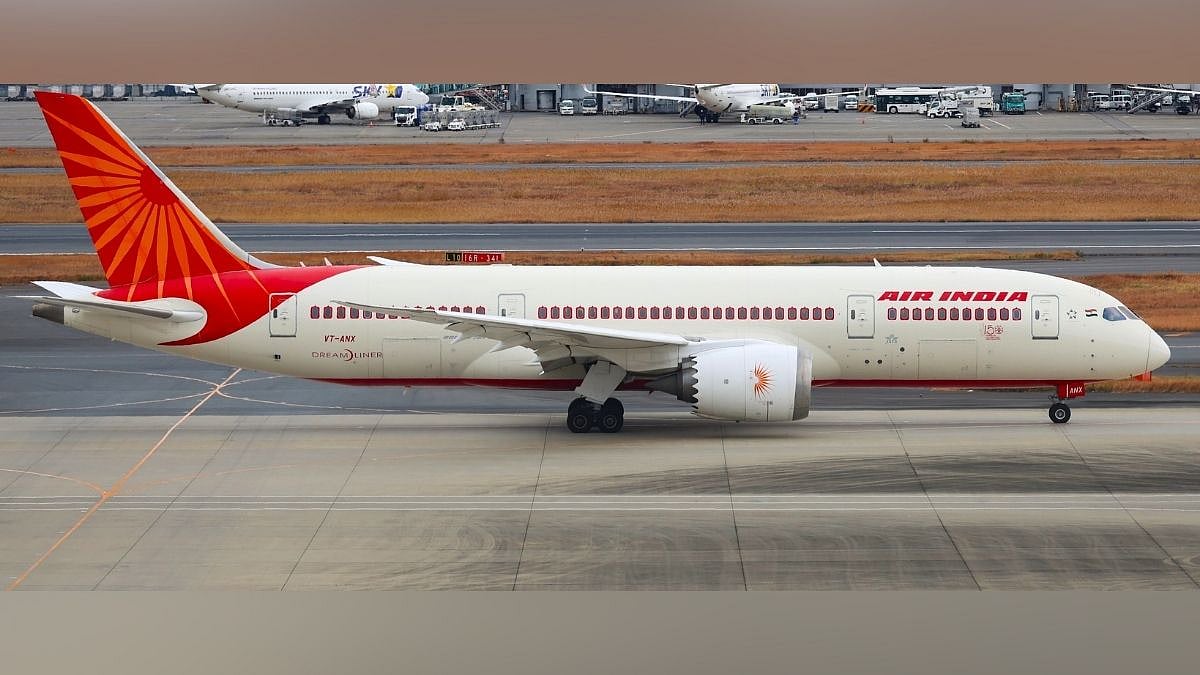“Fool me once, shame on you. Fool me twice, shame on me.”
That was how an Indian diplomat who served in Pakistan described the latest “peace offering” by Pakistan’s Prime Minister Shehbaz Sharif.
In an interview last week to Dubai-based Al Arabiya television, Mr Sharif said “Pakistan has learnt its lessons” from its three wars with India, which had only brought “more miseries, unemployment, poverty,” and that his country wanted “serious and sincere” talks with India.
The interview itself was somewhat peculiar because the animated young woman who conducted it insisted on speaking in Arabic, while Mr Sharif responded mostly in English, bar the occasional “inshallah.”
In terms of substance, apart from the admission that Pakistan had “learnt its lessons”, what made this fresh call for talks different was Mr Sharif’s remark that he had urged his “brother”, Mohamed bin Zayed Al Nahyan, President of the United Arab Emirates and the ruler of Abu Dhabi, to leverage his friendly ties with India and Pakistan to make them sit “on” (sic) the table to sort out all outstanding issues, particularly the ‘burning’ issue of Kashmir.
This is significant because in 2021, a senior UAE diplomat claimed that his country, supported by the US, UK and France, helped prevent a major escalation between the two nations by ensuring that Group Captain Abhinandan Varthaman, who was captured after his MiG was hit during a dogfight over Pakistani Airspace in 2019 after the Balakot terrorist strike, was returned to India safely.
Mr Sharif’s olive branch to India also comes at a time when Pakistan faces multiple economic and political challenges, compounded by last year’s floods which crippled the agriculture sector, and increasingly strained relationship with both the Pakistani and Afghan Taliban, which has returned to bite the hand that raised and nursed it.
Mr Sharif’s visit to Dubai January 12-13, his third since assuming office in April last year, led to an UAE offer to roll over $2 billion in debt, and a top up of another $1 billion. This follows an international summit convened Jan 9 by the UN where over $ 9 billion was pledged to help Pakistan deal with the damage caused by the floods. The donors included the Islamic Development Bank ($4.2 bln), the World Bank ($2 bln), Saudi Arabia ($1 bln), with China, the European Union, France and the US adding to the rest.
But this was a small victory for a country that as of Jan 6 had barely $4.34 billion in foreign exchange, barely enough to cover three weeks of imports. Also, given Pakistan’s renowned ability to divert funds for other uses, the lenders are likely to demand transparency and verification before each tranche is released over the next few years.
With no other options left to avert an imminent sovereign default, Mr Sharif’s government was forced to accept the International Monetary Fund’s conditions for further aid, which include a major hike in electricity and gas rates, additional taxes to contain the fiscal deficit, and a market-based exchange rate. While insisting that Pakistan was committed to the IMF programme, Mr Sharif said he had asked for "breathing space" to meet its commitments. This is likely to further buttress ousted Prime Minister Imran Khan’s narrative that the government was selling out to western interests.
But Mr Sharif had apparently forgotten that the country was really run by the army, which had ousted his brother Nawaz Sharif and assassinated former Prime Minister Benazir Bhutto for making similar peace overtures to India. The Pakistani military or deep state owes its power to the India bogey, and has consistently sabotaged any attempt initiated by either side with terrorist strikes. So the younger Mr Sharif’s references to the three wars with India which it had lost obviously made the brass in GHQ Rawalpindi, many of who owed their promotions due to these wars, bristle.
Hours after the interview, the Pakistan Prime Minister’s Office issued a statement clarifying that the reversal of India’s “illegal actions” in Kashmir was a non-negotiable precondition for any peace talks, and reiterated the tired, stupid refrain that the Kashmir dispute must be settled “in accordance with the UN resolutions and aspirations of the people of Jammu and Kashmir”. Stupid — for Pakistan — because the UN resolutions insist that Pakistan pull its forces out of Occupied Kashmir before any attempt at self-determination by Kashmiris is even initiated.
The statement went on to note that Mr Sharif had said that “In Kashmir, flagrant human rights violations are taking place day in and day out,” and that India had usurped any semblance of autonomy given to the Kashmiris by revoking Article 370 of the Indian Constitution in August 2019. Minorities in India were being persecuted, he said, adding that India must stop this to give a message to the world that the country was ready for meaningful talks. This is truly rich, not just because there’s not been even a peep of protest against the brutal treatment of Muslims in Xinjiang by Pakistan’s all-weather friend, the People’s Republic of China, but also because minorities in Pakistan, not just Hindus but also Shias and Christians, live in constant fear, with many fleeing to India to escape persecution.
New Delhi responded with the same consistent pushback, saying peace talks or normal neighbourly relations with Pakistan could resume in an atmosphere sans terror, hostility or violence, and not while UN-designated terrorists who had bounties on their heads still walked around freely across the Islamic state.
As the Indian diplomat quoted in the opening lines put it, “We have said the same things before this Government came to power. But whereas aspirations of winning a peace prize by resolving the issue with Pakistan led to several attempts at reconciliation, this time, we mean what we say. Pakistan should learn to deal with it. Because we have far bigger fish to fry.”
Ramananda Sengupta is a foreign and strategic affairs analyst









